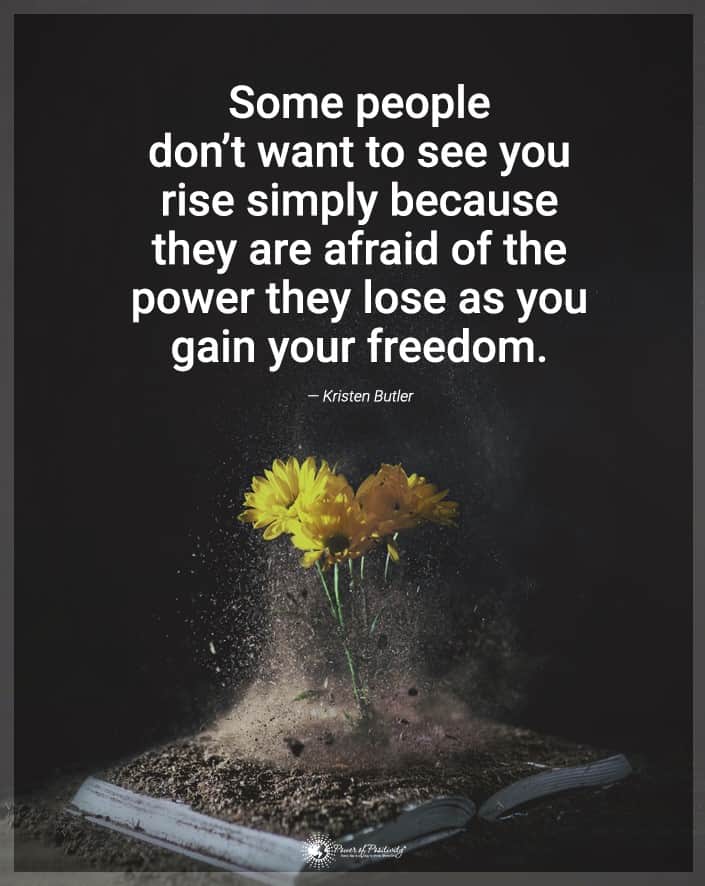Emotional reactivity is another newer psychological term that’s getting a lot of buzz. Do you have a problem with acting out impulsively when you’re angry, stressed to the max, your feelings are hurt, or you don’t feel good? When those stress hormones, like cortisol, are in abundance soaring throughout your body, you go into a state of panic, also known as fight or flight.
Your perceptions are altered by the surge of hormones you feel during the heat of the moment. Additionally, this emotional charge prohibits you from clearly seeing the situation and acting irrationally. You won’t listen to reason when you get to this point, as your emotions and your defensive nature are purely driving you.
Everyone Can Display Emotional Reactivity at One Time or Another
Your emotional reactivity is driven by your dynamic stance and often causes you to overreact. Now, you should know that it’s effortless to overdramatize a situation. Consider this scenario.
Janet is running late to work, and she gets a phone call telling her that her checking account is overdrawn. Frustrated, she goes into work already feeling life’s pressure. She loses it when she gets blamed at work for someone else’s error. Not only is she being written up, but she is innocent.
In the heat of the moment, she tells her boss exactly what she thinks of him, grabs her stuff, and walks out. She just quit a job she’s held for over ten years over a simple misunderstanding. This situation is emotional reactivity, as she acted irrationally instead of calmy communicating and resolving the issue. How many times have you done something like this when your emotions get the best of you?
Reducing Your Emotional Reactivity
If you walk around this world constantly overreacting to every little situation, it’s going to cause you many issues. The key is to slow down and listen carefully to what’s being said. People often take things as they understand them, and they’re not grasping the situation.
Don’t let your feelings get in the way, as you can rest assured that it will make a mess of things. Using your active listening skills, you can learn to communicate without shutting down. The next time you’re in a situation where someone is saying things that make your blood boil, make a mental note of the problem.
Allow the person to finish speaking, and then go back with your questions later. The person gets to talk without you interrupting them when you’re actively listening. Then, once they’ve completed their thoughts, you can ask any questions that you need to gain further clarification.
When making your inquiries, use a matter-of-fact tone, and remember to remain calm. You can’t help that your reactions become intense at times, but you need to learn how to make sense of these emotions to learn to articulate correctly. If you need help finding what’s underneath these intense passions, a therapist can help you explore the anger and rage that lies under the surface.
How Active Listening Helps to Lower Emotional Reactivity
Learning how to listen to your peers, spouse, children, and family members can reduce the amount of conflict in your life, and you will have more minor issues to manage. The key to controlling emotional reactivity is to figure out what triggers you. Perhaps you’re prone to misreading people, which means that often what’s said to you comes across as totally wrong.
If you’re a person who wears your emotions on your sleeve, you can easily overreact to a situation when it’s not as it was intended. Delving deep into your makeup is not an easy task, but through this art of self-discovery, you will learn to understand why you have such an issue with reactivity.
Advantages to Lowering Your Emotional Reactivity
No one likes to go on this journey to figure out all the nuances within their personality, but some advantages are the following:
- You begin to experience better relationships with people you care about
- Have fewer arguments, fights, and emotional disturbances
- Understand your spouse better than before
- Become a calmer, better version of yourself
Behaviors That Reveal Emotional Reactivity
According to Dr. Andrea Brandt from Psychology Today, reactive behaviors can damage your relationships as you tend to turn trivial things into full-blown crises. Alas, there’s a way to fix this nuance. Here are some behaviors that show emotional reactivity–avoid these.
1. Verbal Explosions
When someone says something you don’t like, you come back at them by saying things that you later regret. These things can be mean, aggressive, or even threatening. Sadly, you’ve often just misunderstood the communication, and now you’ve said things even worse than what was initially said to you.
2. Physical Altercations
Barb and Lisa were arguing over family matters. Barb’s temper hit the red-hot zone when Lisa called her mother a name in anger. To get back at Lisa, Barb kicked the side of the sofa table and busted the leg from it, which was an emotional reaction to the situation.
The table had nothing to do with the argument, but it was used as a vice to help relieve the rage Barb felt inside.
3. Muscle Tightness
If you’re getting reprimanded at work by a boss, you may feel the muscles tighten in your chest, neck, and anywhere else in the body. This is an emotional response to what’s being said.
4. Giving the Cold Shoulder
Your spouse spent the rent money on foolish gaming gear, and you’re seeing red. You give them the cold shoulder rather than say anything and communicate about the issue. The cold shoulder is another emotional reaction to a situation.
5. Refusing to Speak
Some people refuse to speak when they’re enraged. They use this as a tactic to show their anger without saying anything hurtful. Refusing to talk is a power play when someone wants to dominate or control the situation. Silence is often more potent than yelling.
Now, the proper thing to do would be to say that you need some time to cool off, as you’re afraid of what you might say at this moment. However, refusing to speak and going for days without uttering a word is very childish.
6. Increased Heart Rate, Flushing
Many folks can feel the surge of extra hormones rushing through their body as their heart rate increases and their face becomes flush. Just listening to someone say something that makes you upset can cause an autonomic response that you must get under control. Have you ever heard that someone gets so upset they have a heart attack?
A traditional heart attack occurs when the arteries supplying blood to this organ become blocked. However, when you have a stressful event that causes a heart attack, it’s called takotsubo cardiomyopathy. According to Harvard Health Publishing, most of these cases stem from emotional shock.
7. Refusals
You made broccoli and cheese for dinner, which your son hates. He gets angry when you tell him to eat his supper, as he believes you’re being mean by making him eat this nasty food. He refuses to eat anything for dinner to get back at you and as part of a temper tantrum.
The fact that your son is only six years old doesn’t matter, as people of all ages use emotional reactivity to get their point across.
8. Crying
Some people become so overwhelmed with emotions that they cry. Many times, tears aren’t of sadness but anger. Since this is a normal physiological reaction to the surge of emotions, many people are prone to waterworks.
9. Breathing Difficulties
Have you ever become so upset that you find it hard to breathe? It’s not uncommon for those chest muscles to tighten during times of duress, and you can lack oxygen. Some situations can knock the breath right out of you, but you can usually recover pretty quickly by using box breathing to calm yourself.
10. Head Banging
Headbanging is not something adults usually engage in, but it’s often observed in children. Yes, even your children can become overwhelmed with their emotions and react unhealthily.
Many kids will bang their head on the floor when their parent tells them to do something they don’t like. It’s a power play to get their way, and it’s also self-punishment for some.
Final Thoughts on Emotional Reactivity
It’s not healthy to try to repress or bury the sentiments you have, as you will soon find they come out in other ways. Learning emotional regulation is essential, as it helps you with the ability to control your emotional responses. However, you must know that this is only going to be mastered through practice.
You must learn how to diffuse an emotional situation and not react immediately. Learn to slow down, listen to what’s being said, and alter the intensity of the problem. It’s believed that practicing mindfulness can help you regain perspective by turning your focus to the present.
When you learn to be present, you can slowly lower your stress threshold. Additionally, you can learn to bring your mind from the reacting part to processing the situation. Reacting to stimuli is normal, but you must learn to put your emotions aside and listen.

















 Community
Community

